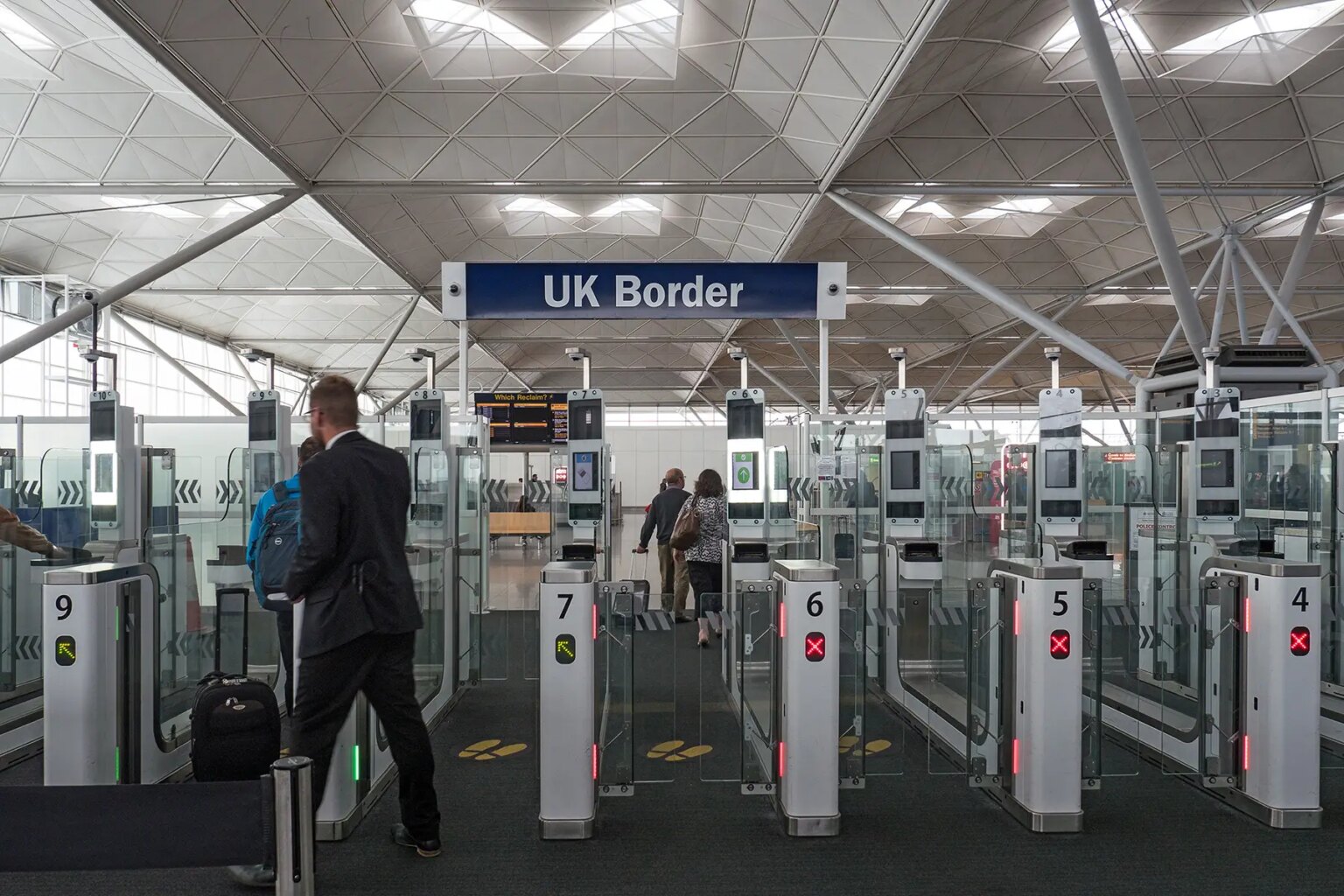Plan early
Start planning in the UK tax year before the move. Significant tax savings are possible; however, they rely on deft planning before the end of the preceding tax year. Avoid doing anything drastic in the meantime, such as making major investments in unstable cryptocurrencies.
Consider your future
If possible, consider how long you will be moving back to the UK (i.e., short-term, long-term, forever) and how you expect to fund your lifestyle. The cost of living may be vastly different from where you are now. Don’t forget that any income you need to generate must be after tax. Consider also where you plan to retire and how you intend to fund your retirement abroad. Plan carefully; with that, care and attention can result in securing surprisingly low rates of tax on income and gains.
Use your status when moving back to the UK
Certain UK taxes can be avoided if you or your partner are not of British descent or either of you have become non-domiciled for UK tax purposes. This route potentially allows you to shelter non-UK income and gains from tax, as well as keeping those assets outside of Inheritance Tax. However, this does come with certain costs and it is important to get the planning right.
Review your offshore accounts
It may be wise to close non-UK deposit and savings accounts. This way, the interest pays on your offshore bank accounts before you return (upon which it would become taxable in the UK). Consider how any Brexit-related currency instability affects what your deposits are worth upon returning home.
Sell assets
It is generally sensible to sell assets that have risen in value significantly with a view to crystallizing gains whilst you are still outside of the UK tax net. Care is necessary though, as each case differs.
Use tax breaks
This step can produce healthy savings. Income tax allowances (ISAs) and capital gains tax (CGT) allowances can reduce your annual tax bill. In addition, certain types of life assurance bonds or non-UK pension schemes can deliver a tax-favored stream of income in retirement.
Create a short-term trust for property
If you have British property, then you may face a sizable CGT bill if you decide to sell your house after your return. However, if you are not planning on living in your house when you return, then it may be prudent to sell it whilst you are still non-resident, thereby avoiding CGT.
If you do plan to move back into the house and live in it for some time, then again CGT may be mitigated somewhat. Alternatively, you could transfer the property into a specially created short-term trust during the tax year prior to your move. First, the property is gifted into a trust, enabling any gains to be realized. Taxes do not apply to this gain. Then, the trust acquires the property at market value.
After 12 months or so, the trust is wound up and the property is returned to you. If you subsequently sell it, its cost for tax purposes is the value at which you received it from the trust. This is a particularly attractive option for those who want to live on a property that has accumulated gains or who want to keep hold of a good investment that rents well.
Talk to the taxman
Inform HM Revenue and Customs of your arrival on a timely basis. Make sure that you understand your obligations and tax filing deadlines. It can also be necessary to make certain elections and claims within certain time limits, so care is required.
Seek professional advice
Protect yourself and your investment money by contacting a financial professional. These professionals can advise you on the latest banking developments in tax law and their financial solutions.




